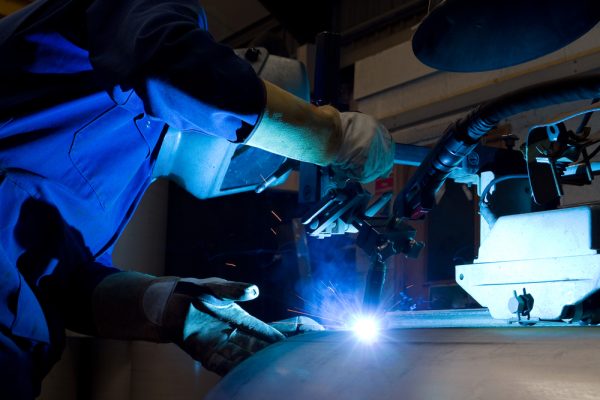Is Metal Fabrication Better Than Steel Milling? The Beginners Guide for Industrial Engineers
In the domain of industrial engineering, the processes of metal fabrication and steel milling are fundamental to creating robust and reliable components. However, the question often arises—is metal fabrication better than steel milling? This blog aims to provide a comparison to help industrial engineers make informed decisions.
What is Metal Fabrication?
Metal fabrication involves the creation of metal structures by cutting, bending, and assembling processes. Metal fabrication California is an umbrella term encompassing various methods to manipulate raw metal materials into desired shapes and sizes. Standard processes in metal fabrication include:
Cutting: Using tools like saws, lasers, and plasma torches to cut metal sheets or bars.
Bending: Utilizing hydraulic press brakes or manual hammers to form metal into specific shapes.
Welding: Joining metal parts together by melting their edges and adding filler material.
Assembly: Combining various metal components to create a final product.
What is Steel Milling?
In contrast, steel milling is a type of machining where rotary cutters are used to remove material from a workpiece. It is frequently used to create elaborate and detailed components because of its precision. Critical aspects of steel milling include:
Precision Cutting: Utilizing CNC machines to achieve high levels of accuracy.
Drilling and Boring: Creating holes and cavities within the metal workpiece.
Finishing: Achieving smooth surfaces and tight tolerances through various finishing processes.
Benefits of Metal Fabrication
Versatility
Because of its incredible versatility, metal fabrication may create a wide range of goods, from complex designs to structural components. This makes it appropriate for several industries, including aerospace, automotive, and construction.
Cost-Effectiveness
Fabrication can be more cost-effective for projects requiring large quantities of metal components due to its ability to handle bulk processing efficiently.
Strength and Durability
Because fabricated metal components are frequently stronger and more resilient, they are perfect for heavy-duty applications. This is especially important in industries where structural integrity is critical, including manufacturing and construction.
Customization
Metal fabrication offers a high degree of customization, allowing engineers to tailor the design and material specifications to meet specific project requirements. This flexibility is beneficial for creating bespoke components that fit perfectly within a larger system.
Benefits of Steel Milling
Precision
Because steel milling is so accurate and precise, it’s perfect for creating complex parts with close tolerances. This is especially crucial in sectors where precision is essential, including aerospace and medical devices.
Surface Finish
Milling can achieve superior surface finishes, reducing the need for additional finishing processes. This not only saves time but also enhances the aesthetic and functional quality of the final product.
Material Utilization
Milling allows for efficient material utilization, reducing waste and optimizing resource usage. This is beneficial from both a cost and environmental perspective.
Complex Geometries
Steel milling is an essential tool in advanced technical applications for intricate features and complicated geometries. This includes fabricating pieces with complex interior systems that would be difficult to accomplish with just fabrication.
Metal Fabrication vs. Steel Milling
Application Suitability
Metal Fabrication: Ideal for large structural components. Suitable for projects requiring high durability and strength. More cost-effective for bulk production.
Steel Milling: Best for precision components requiring tight tolerances. It suits intricate designs and detailed features and is preferred for superior surface finishes applications.
Production Speed
Metal fabrication processes can often be quicker for large-scale production, whereas steel milling might take longer due to the detailed nature of the work.
Cost Implications
Metal fabrication can be more cost-effective for large quantities, steel milling might incur higher costs due to the precision machinery and longer production times.
Material Considerations
Metal fabrication can handle a broader range of materials, including steel, aluminum, and other metals. Steel milling, however, is typically more specialized in steel and harder materials.
Contact Cresco for metal fabrication California
Ready to take your project to the next level? Discover how our expert services in California can help you achieve your goals. Contact us today for a consultation and learn more about how we can assist with your industrial engineering needs. Call us at – 714 525 1326 or visit our website for more details.


